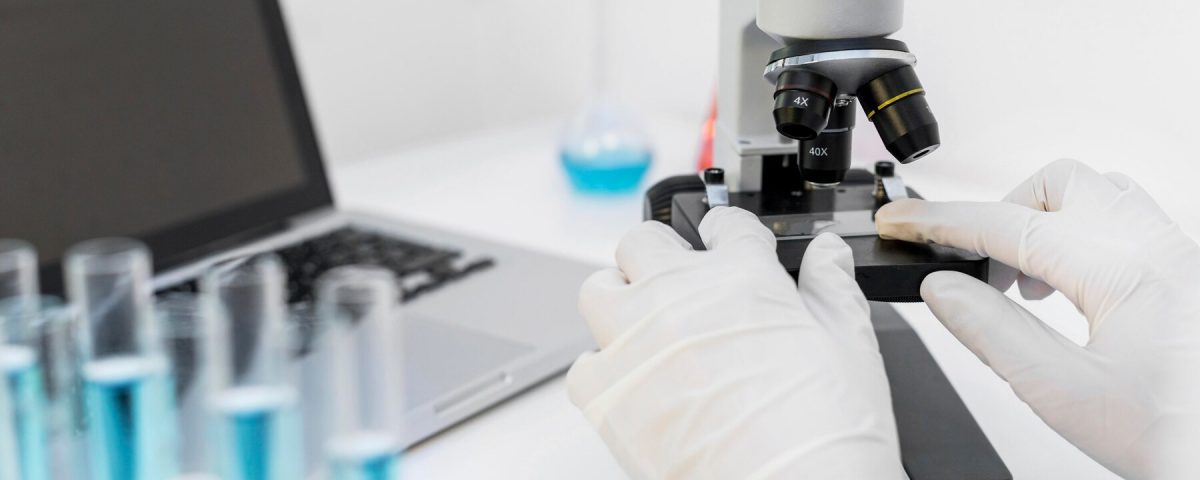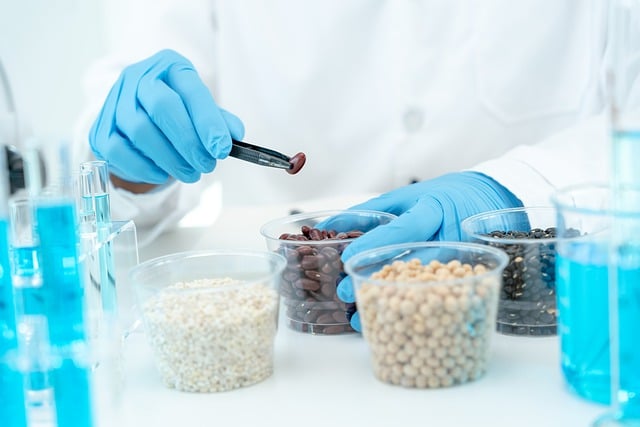How Testing Ensures Supplement Safety and Quality

Why Is Food Quality Analysis Necessary Through Laboratory Test?
March 15, 2024Népszerű emberek hozzájárulása különböző tevékenységi területeken – áttekintés a znaki.fm-ről
November 13, 2024Ensuring Supplement Safety: The Role of Laboratory Testing in Quality Assurance
When it comes to health, we all want the best. And with supplements, whether you’re taking them for fitness, immunity, or general wellness, you want to know that what you’re swallowing is safe and effective. That’s where lab testing for supplements is essential for making sure supplements are exactly what they say they are. Let’s break down why this matters and what to look for.
Why Supplements Need to Be Tested: A Look at Regulatory Standards
You’d think that all supplements on the market are carefully regulated and tested before they land on the shelf, right? Well, that’s not always the case. Regulatory bodies don’t approve supplements the same way they do prescription drugs. Instead, it’s up to the manufacturers to ensure their products are safe and properly labeled. This means laboratory test procedures are crucial. Without testing, a supplement might contain contaminants—things like heavy metals, harmful bacteria, or even illegal ingredients. On top of that, there’s a real risk of what’s inside not matching the label.
How to Verify The Quality of Your Supplements
Check the Specification Sheet
Certifications from trusted third-party organizations ensure that supplements are rigorously tested for safety, quality, and potency. These organizations don’t have a stake in the supplement’s success, meaning they provide unbiased results. Without these certifications, it’s hard to know if a supplement has undergone any meaningful scrutiny. These seals of approval show that the product meets specific safety and quality standards, offering peace of mind that it contains exactly what it claims—without dangerous contaminants. Certifications aren’t just a nice-to-have; they’re critical for consumer trust.
A COA is like the supplement’s grade card, showing that the product has undergone lab testing and detailing the results. You’ll find critical information such as the levels of active ingredients, confirmation of purity, and the absence of contaminants like heavy metals, microbes, or pesticides. Think of it as proof that the supplement is both safe and effective.
Many reputable brands offer specification sheets for their products, often accessible on their websites or by request. If a company doesn’t provide this level of transparency, it raises concerns about whether the product has been thoroughly tested. A COA from a credible lab not only ensures that the supplement contains what it claims but also helps stakeholders build trustworthiness in the market.
Conclusion
Verifying whether your supplements are lab-tested ensures your safety and peace of mind. By checking the specification sheet, choosing brands with good quality control, and relying on a trusted chemical analysis laboratory, you’re taking the right steps to protect your health. And as the future of lab testing evolves with advancements in technology, we can expect even safer, more personalized products on the market.


